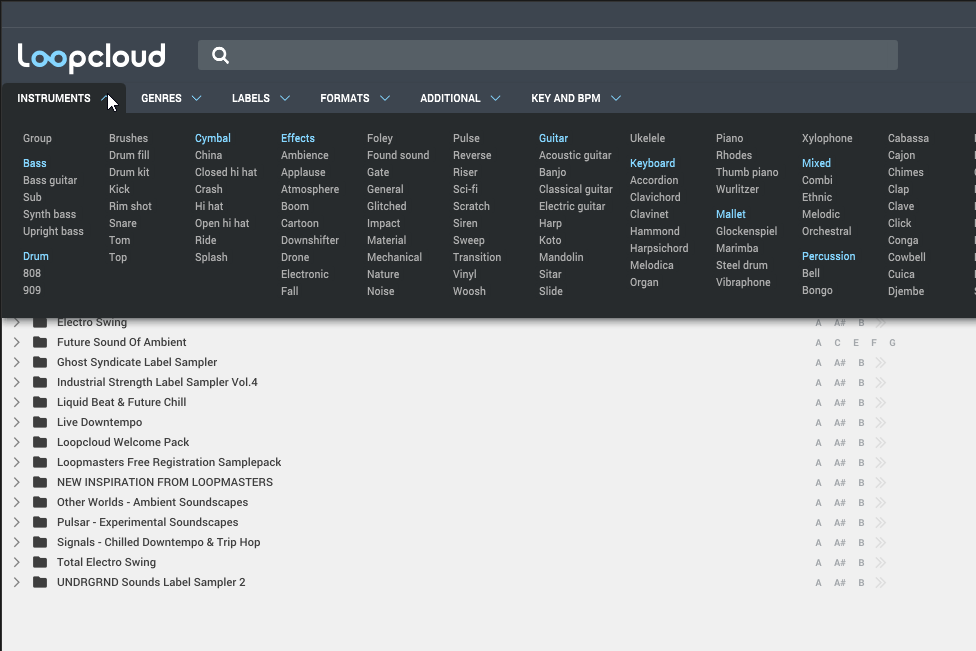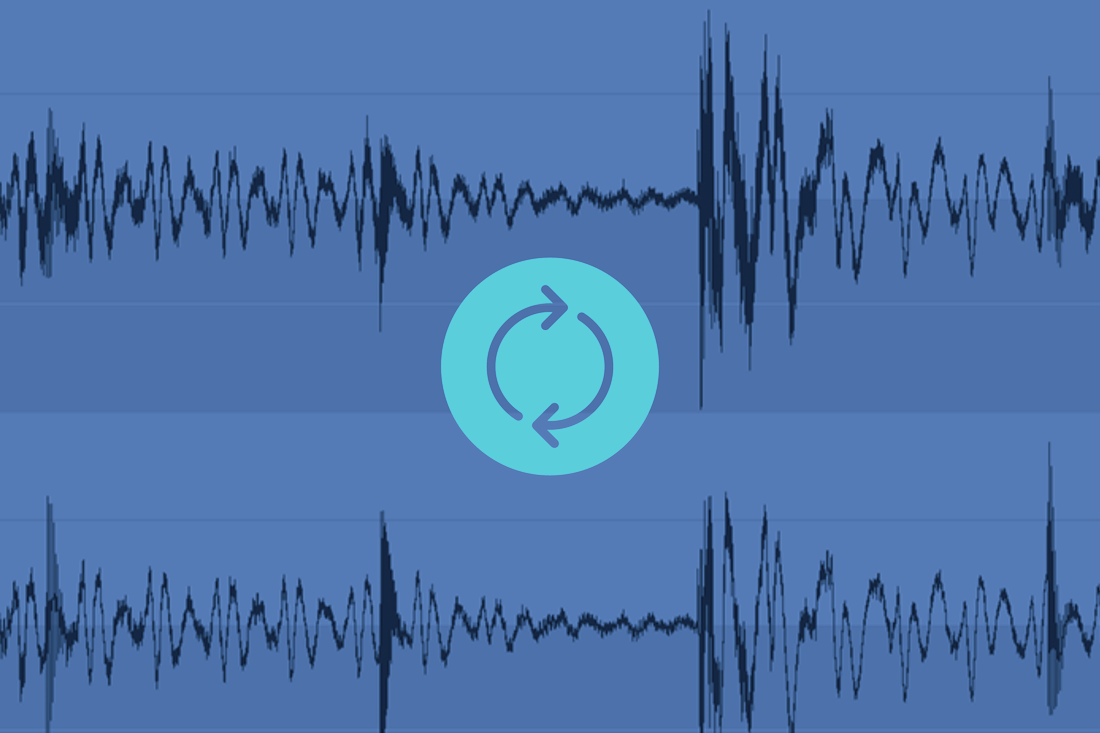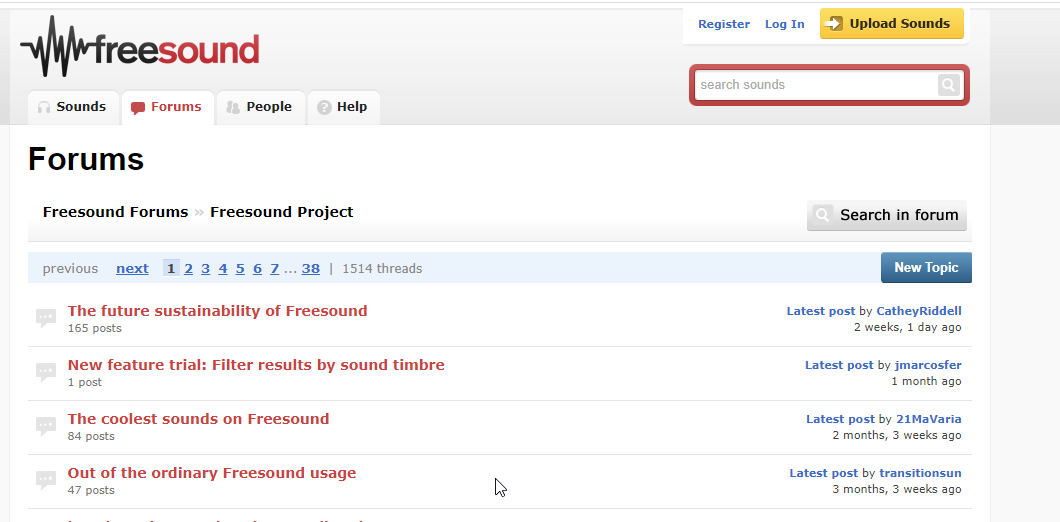This is the first of my posts about Music Producer collaboration in our current world of social distancing and busy schedules. Often Music Producers may work alone as they build up their songs. They may work with other musicians to build up their tracks, but, all too often the music creation process is a solitary endeavor for many EDM Producers. I have always felt that music is best when it is a collaborative process. I have worked as either part of a sound writing duo, a live DJ duo or part of a band is most of my musical endeavors. The benefit to me is to get honest, yet supportive feedback early on in the music writing and creation process.
While you can get feedback at MPA though the MPA Feedback Friday session that is after the fact and while helpful for some it feels like your are getting reviewed or taking a test rather than collaborating. It is far better to get feedback and alternate ideas during the music creation hence the benefit of a collaboration partner. While it can be helpful to have a collaborator in today’s world of busy schedules and social distancing that may not be always possible.

This first trick for you to use is what I call “fake collaboration”. After having some germ of a musical idea, try to add a sample loop element somewhat randomly to spark other ideas. Look at your loop libraries as musicians that you have asked over to the studio to give you an idea by playing a riff for you. Taking this a step further unless you are producing hip hop or deep trance music you probably don’t want to just use the loops as is and call it a song. It often works best to look at the sample loop as an idea and not the finished product. In other words, write down what you like about the loop and what you don’t. Midi loops for generating ideas are often easier to work with as you can more easily manipulate them.
In any case, don’t undersell the use of loops in your initial music creativity because when it comes down to it, loops are used everywhere, riffs or phrases that we write, play and repeat are technically loops. Live bands are playing loops, but with the exciting exception that because these are never played the same way every time, (through improvisation, variation, or even error) the possibility of creativity is enhanced. So, consider exploring loops as the first form of collaboration with your loop samples being professional musicians you have invited over to the studio.

A very close companion of this type of looping for ideas is to do this but involve another music producer. One of the most creative exercises you can do is to work with another Music Producer and swap playing samples and riffs. Basically, one producer has a riff, the other producer then throws out a riff or loop from their library, then the first producer picks the next loop/riff and you build up a mix this way. Then after you have a number of riffs you work together building up the composition of the mix.
Also another interesting approach is to get involved with a forum that focuses on making loops. The people in these forums often spend a lot of their time listening to, creating and sharing samples and loops. You can often post part of a song and ask for ideas of good riffs or beats that might compliment your mix. Since the people in these forums are interested in creating great loops and sounds and not necessarily putting together the next killer mix, they are often helpful with ideas.

I will spend the next few posts talking about tools that might help with this type of collaboration including introducing randomness and algorithmic composition into the process. Ways to exchange musical ideas from one DAW to another and real time jamming software.
